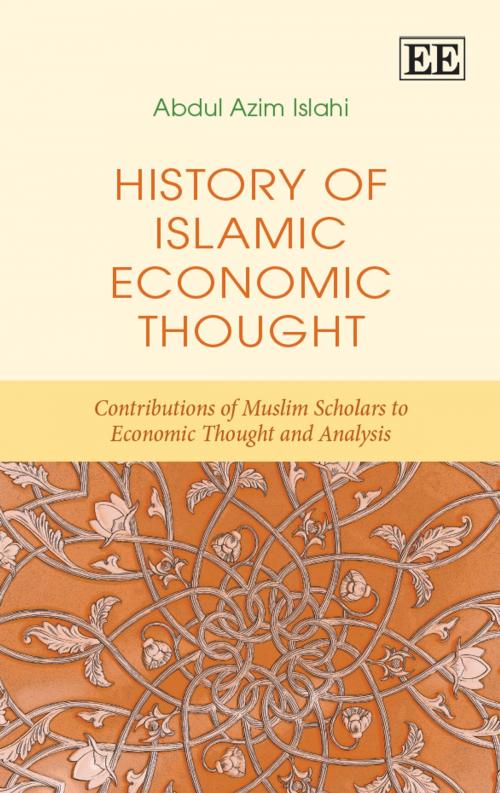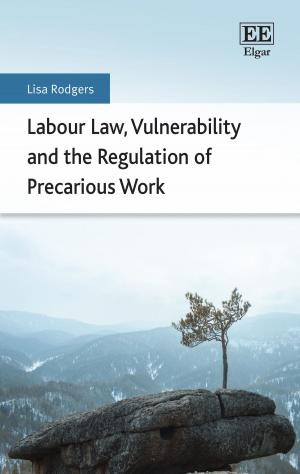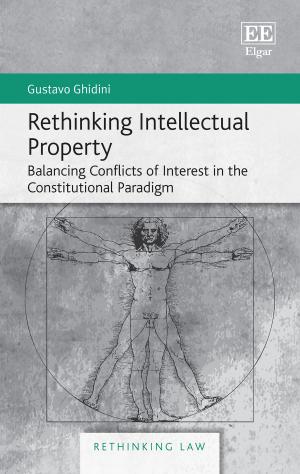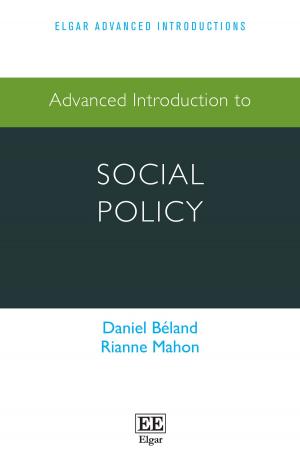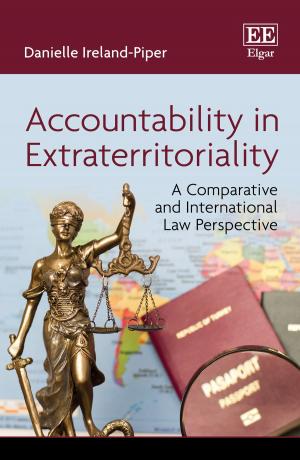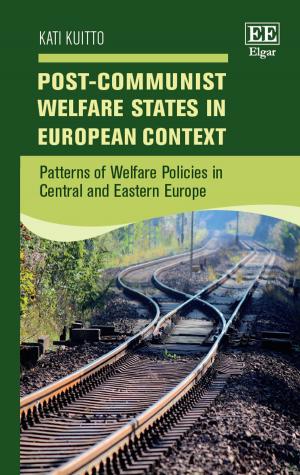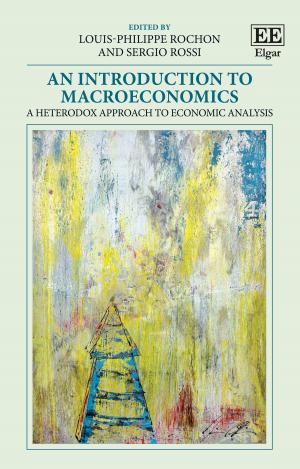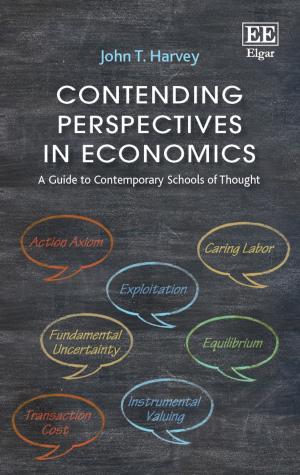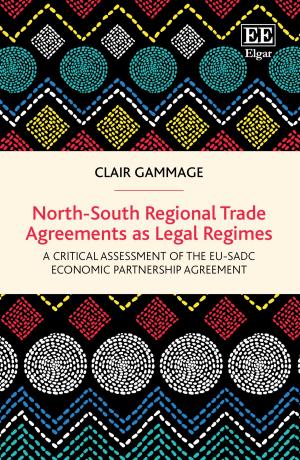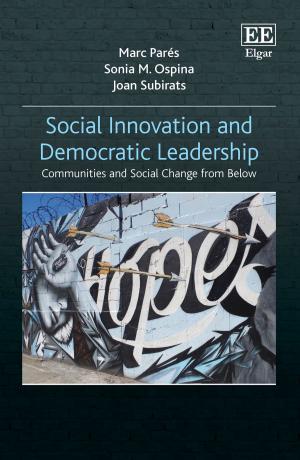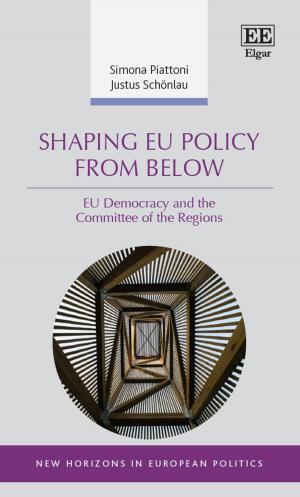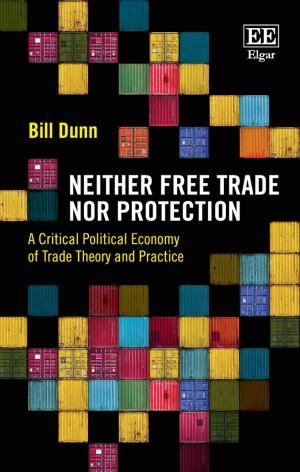History of Islamic Economic Thought
Contributions of Muslim Scholars to Economic Thought and Analysis
Business & Finance, Economics, Economic History, Nonfiction, Social & Cultural Studies, Social Science| Author: | Islahi, A.A. | ISBN: | 9781784711382 |
| Publisher: | Edward Elgar Publishing | Publication: | December 15, 2009 |
| Imprint: | Language: | English |
| Author: | Islahi, A.A. |
| ISBN: | 9781784711382 |
| Publisher: | Edward Elgar Publishing |
| Publication: | December 15, 2009 |
| Imprint: | |
| Language: | English |
This unique book highlights the contributions made by Muslim scholars to economic thought throughout history, a topic that has received relatively little attention in mainstream economics. Abdul Azim Islahi discusses various ways in which Muslim ideas reached the European West, influencing scholars and helping to form the foundations of modern economic ideas and theories.Early chapters outline the foundations of Islamic economic thought and describe three distinct phases of its development over time. The author then identifies key theories and tenets of modern economics including value; market and pricing; production and distribution; money and interest; and the economic role of the state and explores the influence of Muslim scholarly thought on each. The concluding chapter highlights the importance of further exploration of the topic and offers insightful recommendations for future research. This fascinating book will be of great interest to students and scholars of both the history of economic thought and Islamic economics.
This unique book highlights the contributions made by Muslim scholars to economic thought throughout history, a topic that has received relatively little attention in mainstream economics. Abdul Azim Islahi discusses various ways in which Muslim ideas reached the European West, influencing scholars and helping to form the foundations of modern economic ideas and theories.Early chapters outline the foundations of Islamic economic thought and describe three distinct phases of its development over time. The author then identifies key theories and tenets of modern economics including value; market and pricing; production and distribution; money and interest; and the economic role of the state and explores the influence of Muslim scholarly thought on each. The concluding chapter highlights the importance of further exploration of the topic and offers insightful recommendations for future research. This fascinating book will be of great interest to students and scholars of both the history of economic thought and Islamic economics.
